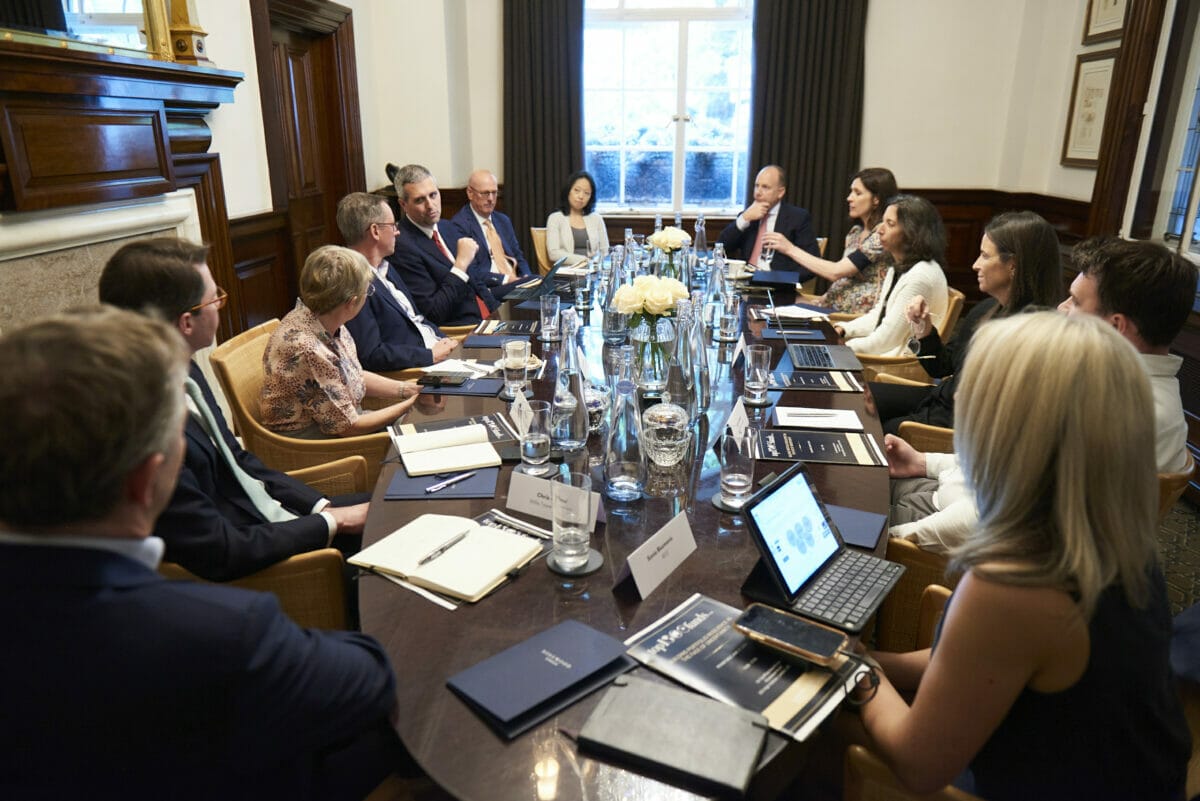David Blood, who co-founded Generation Investment Management with former vice president of the US, Al Gore, has outlined five priorities to focus the sustainable investment effort on over the next five years.
“We need to step up our efforts in the next three to five years no matter who gets into power in the US,” he says.
“We don’t have nearly enough capital in the transition to [a] low carbon economy. It’s not just renewable energy, everything will change.”
Speaking at the PRI in Person conference in Singapore last week, Blood said that the framework around sustainable investing rests on two things:
- The macro environment and the drivers of change – such as the environment, climate change, poverty, health, and demographics – are becoming more intense, and interlinked and so more relevant to business and investors
- From a business point of view, the issues of reputation, brand and resource management are becoming more relevant.
Generation, which was formed 12 years ago, is anchored in the philosophy that sustainability is best practice and makes the group better investors.
“Categorically we believe that the integration of sustainability makes us better investors,” Blood says.
“The more we prove the business case, the more it says it’s a fiduciary duty to do so, it will become mainstream.”
“Over the past 12 years the macro backdrop is increasingly important, and the integration of sustainability into investment practices and philosophy is best practice. Dumping a lot of oil into the Gulf of Mexico is bad for your stock price; reputation clearly matters,” he says.
“Companies that minimise the use of resources and maximise the resources they have will do better.”
In his keynote speech at the PRI conference Blood listed priorities for the next five years in order to progress sustainability integration.
- Win the battle, or debate, on fiduciary duty.
“Many investors say that fiduciary duty precludes them from looking at sustainability or ESG [environmental, social and governance], that is wrong,” he says.
Change the debate from why integrate, to how you integrate sustainability into investment practices. This includes looking at reporting, fiduciary duty, increasing the number of firms actively integrating sustainability, and looking across asset classes, not just equities.
- Recruit the other 50 per cent of managers to integrate sustainability, not just the people attending, or signed up to, the PRI.
“We’re good at convening those that agree,” he says. “Asset owners are key to bringing the other investment managers along the journey.”
- The transition to a low carbon economy is a big deal, and it has to happen now.
“If we are still talking about this in 10 years then we’ve missed it. Must make it critical, we need consistency of data.”
- The industry needs to recognise that finance and capitalism is not working for everyone. There is significant inequality and people are upset about it.
“Most people in the world have no idea we are integrating sustainability in finance. The finance industry is close to losing its licence to operate.”
“Most people outside of finance don’t differentiate between hedge funds, asset managers, asset owners, pension funds – they are all lumped in one bucket,” he says.
“We need to put the ‘social’ in the front of our agendas, impact investing as an extension and encourage companies to think about social issues. We have done a pretty good job on the ‘environmental’ and ‘governance’ but not great on the social.”
“It concerns me that of the top 25 asset managers in the world, about 50 per cent are here, but those that are not here are mostly American,” he told the PRI in Person audience.
“In the US, sustainable and responsible investing is seen as a political agenda and not really investing. We need to make the business case for it to win the argument,” he says.



